SOMTOW’S SIAM SINFONIETTA DOES WAGNER PROUD!
originally written for the Bangkok Post
By Jai Pee
The Siam Sinfonietta Youth Orchestra, the magnificent new Suriyadhep Hall at Rangsit University and the evocative music of Wagner seem to have been made for one another – brought together in glorious fashion on Saturday November 7th under the baton of the ever illustrious and inventive Maestro Somtow Suchaitkul! What a great triumph the evening turned out to be – a new performing version of highlights from Wagner’s great masterpiece The Ring of the Nibelungen, arranged by the Maestro himself. The Ring itself is composed of a three-hour long prologue followed by 3 long operas, or music dramas, as Wagner preferred to call them – the total playing time being in the region of 15 to 16 hours.
To give a concert performance of the main highlights is quite some task – and Somtow had carefully selected the sections he wished his orchestra to perform but in a manner where other conductors and arrangers had often failed – stringing together various orchestral excerpts has not been very successful in the past. The great success of the Somtow version was that he himself narrated the complex story of The Ring from beginning to end, interspersing the dialogue with the carefully chosen and appropriate orchestral passages. It worked wonderfully well. Not only was the dialogue accurate and entertaining it was presented by Somtow in a witty and at times endearing manner. But it was the orchestra that then excelled in the seven chosen passages each lasting around 10 minutes apart from the longer final section. Highlights included the famous Ride of the Valkyries, The Siegfried Idyll, the dramatic Funeral Music following the hero Siegfried’s death and theImmolation Scene from Götterdämmerung. The young orchestra – 40% of them newly arrived following auditions last month – blended together exceptionally well having prepared for the performance by rehearsing over a four-day period in Pattaya where they were given additional coaching from three visiting expert musicians resident in Bayreuth, Germany, the universal Wagner centre. The expertise of these musicians coupled with the professionalism of conductor and arranger Somtow led to some uplifting and beautiful playing. Often the sounds of the orchestras in large opera houses worldwide can become muffled as the players are sitting and performing in an orchestral ‘pit’ half hidden by the stage overhang. But on a marvelously wide stage like the one in Rangsit University the full sound and colour of the orchestra could be heard in all its glory. And it was a glorious sound, these young and brilliant musicians seeming to enjoy every moment of the score in front of them and capturing with significant eloquence the delicate balance between the highly dramatic, often loud passages and the lyrical quieter sections. Nowhere was this more evident than in the celebrated passage from Siegfried – Siegfried’s Rhine Journey. In over 50 years of opera going I have never heard it performed so sensationally – the orchestral tones and colour were astonishing with a magnificent harmonic relationship between woodwind and brass, the strings and percussion adding vibrant and impressive accompaniment throughout. The sounds were crystal clear and delicately played at times or powerfully rendered at others. It was a performance of unique beauty and on closing one’s eyes, the Rhine appeared before the listener with its craggy outcrops, its slowly rising mists, wooded shoreline and the full sounds of all that is Nature. This is not to say that the rest of the orchestral parts were any less powerful – all were performed wonderfully, enhanced by two dramatically and powerfully sung passages by the one Valkyrie, Brunnhilde, brought to life in true Wagnerian fashion by soprano Jessica Chen – a superb addition to the entertainment.
This was not only a great evening of fabulous music and witty dialogue but it served for many in the audience unaccustomed to the Wagner scene as a fine and persuasively meaningful introduction to this composer rightly dubbed as “The Master of Opera”.
